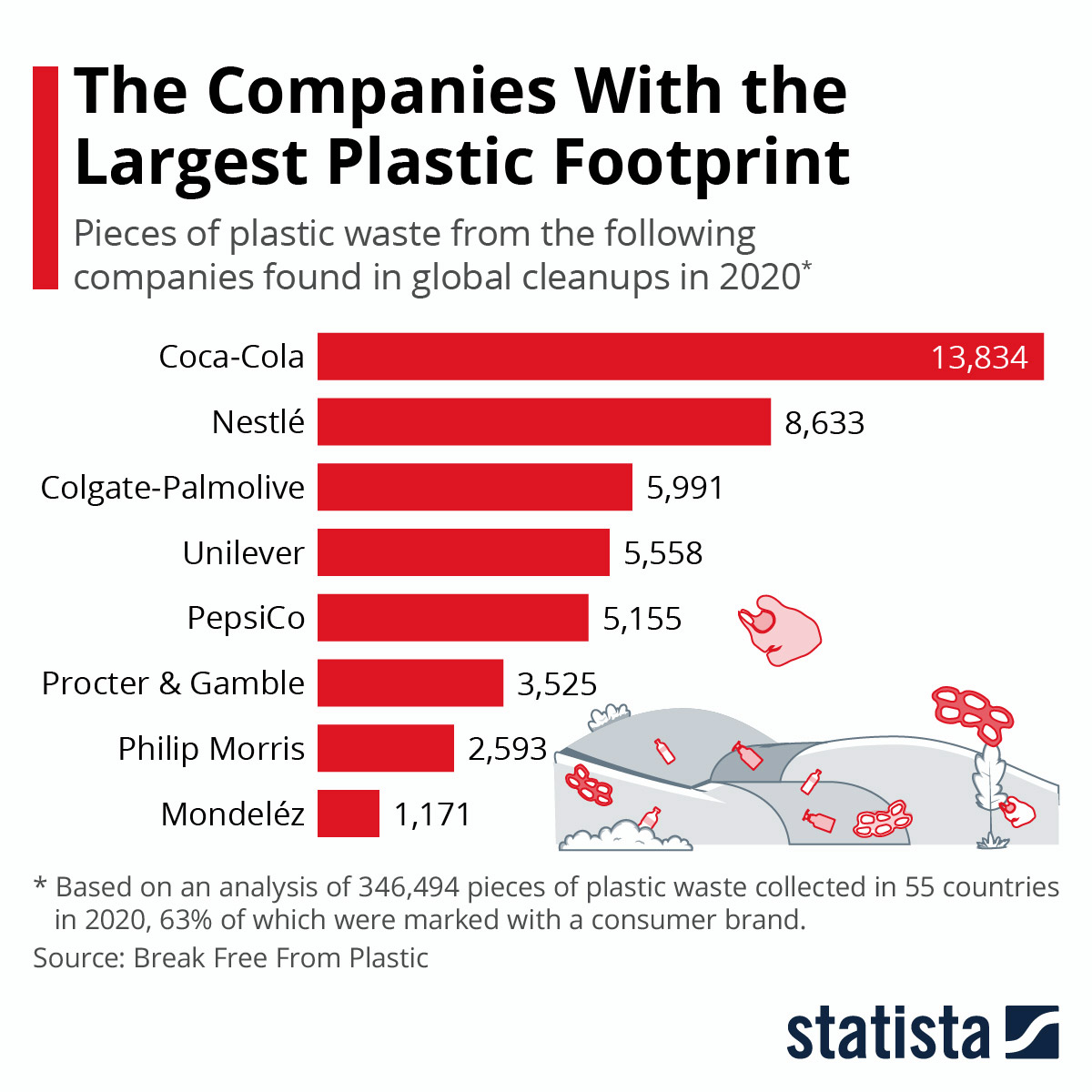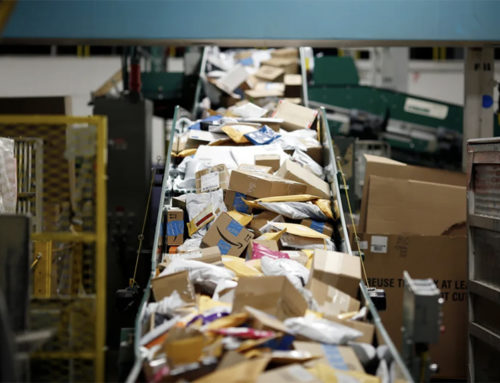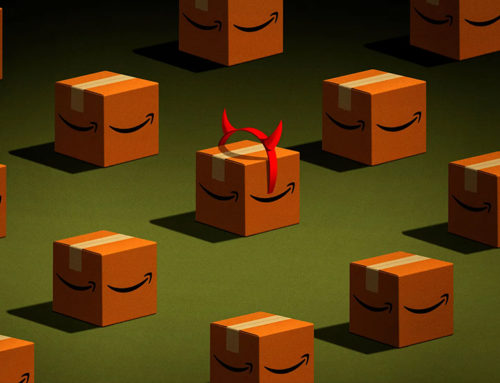In the ongoing battle against plastic pollution, the World Wildlife Fund’s (WWF) ReSource: Plastic program has taken a significant step by releasing its fourth annual report, Transparent 2023. The report sheds light on the progress made by some of the world’s largest brands in tracking, measuring, and reporting their plastic footprints. As the global community grapples with the plastic crisis, these insights provide valuable information on strategies to eliminate unnecessary and single-use plastics within corporate supply chains.
Transparent 2023 delves into the plastic footprints of ReSource members, including industry giants such as Amcor, The Coca-Cola Company, Colgate-Palmolive, CVS Health, Kimberly-Clark Corporation, Keurig Dr Pepper, McDonald’s Corporation, Procter & Gamble, and Starbucks. The report analyzes data such as plastic by polymer type and form, the use of recycled content, sustainably sourced biobased content, and waste-management pathways for the aggregate portfolio.
The report‘s key findings reveal both achievements and challenges. Notably, five ReSource members experienced an overall reduction in their virgin fossil-based plastic tonnage from 2021 to 2022. However, the total weight of plastic in the aggregate portfolio increased slightly by 0.8 percent. Despite this, ReSource members made strides in reducing problematic plastics, comprising only 1.2 percent of portfolios in 2022, down from 3.2 percent in the 2018 baseline year.

Positive shifts were observed in the use of recycled content, which increased to 12 percent in 2022, and the share of packaging deemed recyclable rose to 72.5 percent. While some members reduced absolute plastic tonnage, others increased, indicating the complexity of the challenge.
For the first time, ReSource is collecting comprehensive data on reuse efforts, recognizing the emergence of reuse systems as a key strategy. All nine members are exploring reuse in some capacity, reflecting a growing trend toward sustainable practices.
Leading brands such as Starbucks are actively engaging in initiatives like ReSource to drive meaningful progress. Starbucks Chief Sustainability Officer Michael Kobori emphasized the company’s commitment to environmental responsibility, outlining efforts to shift toward reusables and sustainable packaging solutions.
As part of the broader commitment to address plastic pollution, WWF has joined the Steering Committee of CDP’s Scaling Plastics Disclosure initiative. This initiative aims to enhance CDP’s plastic questionnaire, potentially replacing the mandatory annual reporting for ReSource members. The intention is to create a comprehensive framework that enables companies to understand and report their plastic impact effectively.
While progress is evident, the plastic waste crisis requires more than voluntary corporate action. The report highlights the critical role of national and international policies, emphasizing the need for a legally binding Global Treaty to End Plastic Pollution and Extended Producer Responsibility legislation. As six out of nine ReSource members actively engage in the Global Treaty process, it becomes clear that a collaborative, policy-driven approach is essential to achieving a future free of plastic waste.






